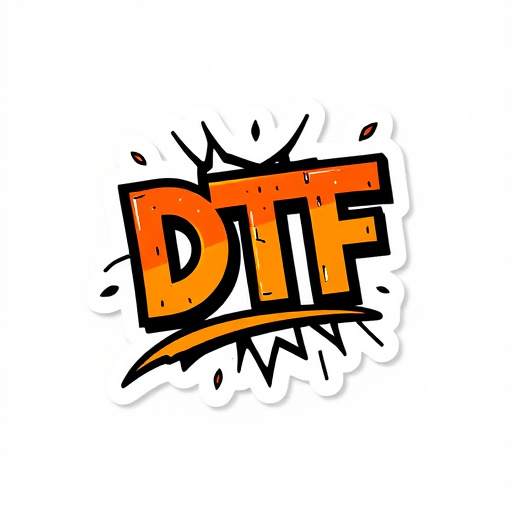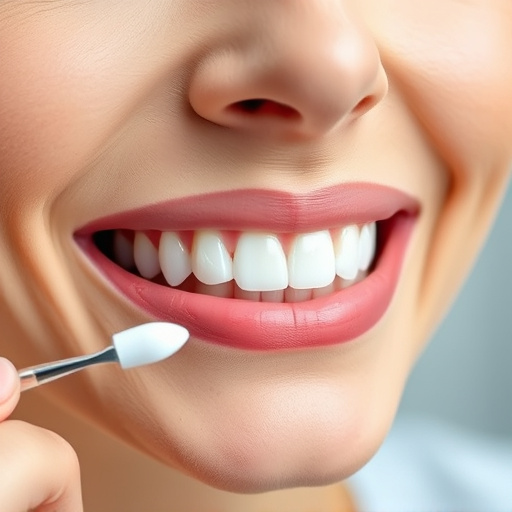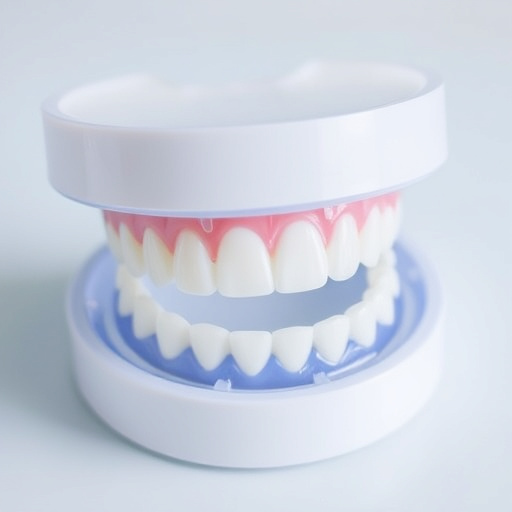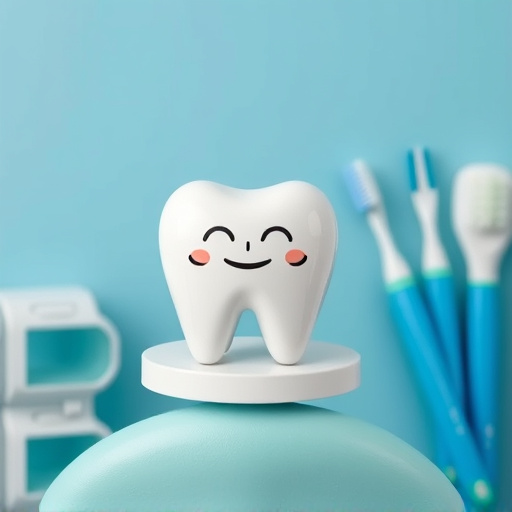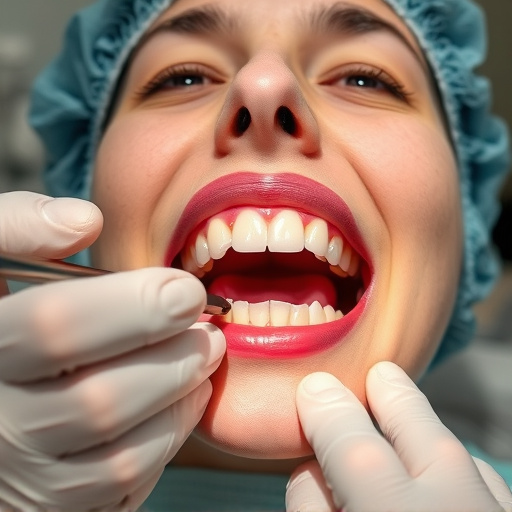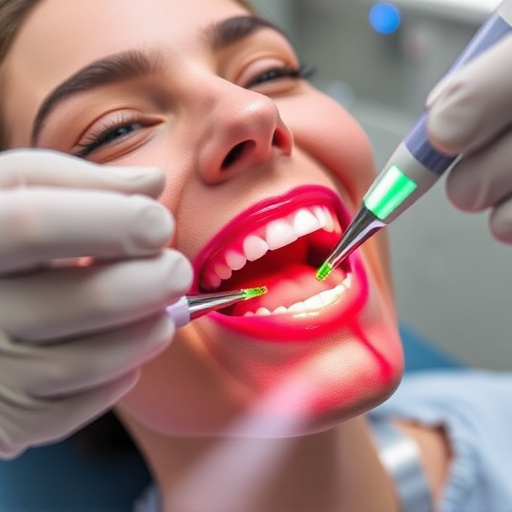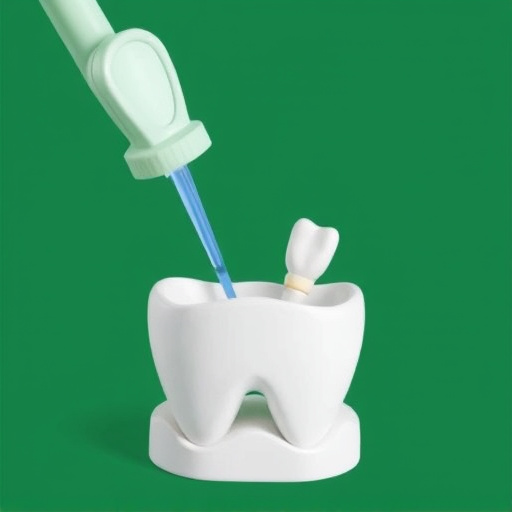Dental emergencies, from toothaches to facial injuries, require immediate attention. Emergency dental care teams offer swift solutions like crowns and clear aligner treatments. While providing temporary relief, they emphasize long-term oral health through restorative dentistry, including fillings, crowns, and root canals, reducing future emergency visits.
Experience a sudden toothache or a broken tooth? Emergency dental care offers swift solutions for unforeseen dental crises. This specialized service is designed to address acute oral issues promptly, ensuring patient comfort and safety. From severe pain to damaged teeth, understanding common dental emergencies and the crucial role of emergency dental care teams can make all the difference. Learn how these professionals provide quick fixes while considering long-term solutions for optimal oral health.
- Understanding Common Dental Emergencies
- The Role of Emergency Dental Care Teams
- Quick Fixes vs Long-Term Solutions
Understanding Common Dental Emergencies

Dental emergencies can arise unexpectedly, causing pain and discomfort that require immediate attention. Common dental issues that warrant emergency care include severe toothaches, oral injuries, broken or loose fillings, cracked teeth, and suddenly swollen gums. These situations often demand swift action to prevent further complications. For instance, a tooth that is severely damaged might need a dental crown to restore its function and appearance, while an injured gum tissue could signal an infection requiring prompt treatment.
Accidents involving facial trauma are also frequent reasons for dental emergencies. Whether it’s a sport-related injury, a fall, or a car accident, these incidents can lead to knocked-out teeth, jaw fractures, or significant oral lacerations. Accessing emergency dental care during such times is crucial as timely treatment can often save teeth and minimize long-term damage. Additionally, children’s dentistry emergencies, like tooth fractures or severe bleeding gums, require prompt attention to ensure proper oral development in young patients.
The Role of Emergency Dental Care Teams

Emergency dental care teams play a vital role in providing quick solutions for dental emergencies. These specialized teams are equipped to handle sudden and severe dental issues that require immediate attention, such as toothaches, broken teeth, or facial injuries. They offer a range of services, from temporary repairs like dental crowns to more complex procedures like clear aligner treatments, ensuring patients receive the necessary care without delay.
The presence of emergency dental care services is especially crucial in today’s fast-paced world where time is of the essence. These teams are often available 24/7, enabling folks to access much-needed relief from dental distress promptly. Moreover, with a focus on both functionality and aesthetics, some emergency dental care facilities also offer cosmetic dentistry procedures, addressing not just the immediate crisis but also enhancing long-term oral health and confidence.
Quick Fixes vs Long-Term Solutions

When facing a dental emergency, such as a cracked tooth or severe pain, immediate action is crucial. Emergency dental care provides quick relief and temporary fixes to alleviate discomfort and prevent further complications. These solutions are often focused on providing fast relief, but they don’t necessarily address the underlying issue for long-term health.
Unlike emergency treatments, restorative dentistry and comprehensive dental care aim to offer durable solutions. Tooth repair procedures, including fillings, crowns, or root canals, target the specific problem while promoting overall oral health. While these methods might take more time and investment initially, they ensure a solid foundation for your smile’s longevity, eliminating the need for frequent emergency visits.
Emergency dental care plays a pivotal role in addressing immediate dental issues, offering swift solutions for painful and unexpected emergencies. By understanding common problems and leveraging specialized teams, this care provides quick fixes while emphasizing the need for long-term oral health management. It’s crucial to recognize when urgent attention is required and turn to these services as a temporary bandage until a more comprehensive solution can be pursued.




